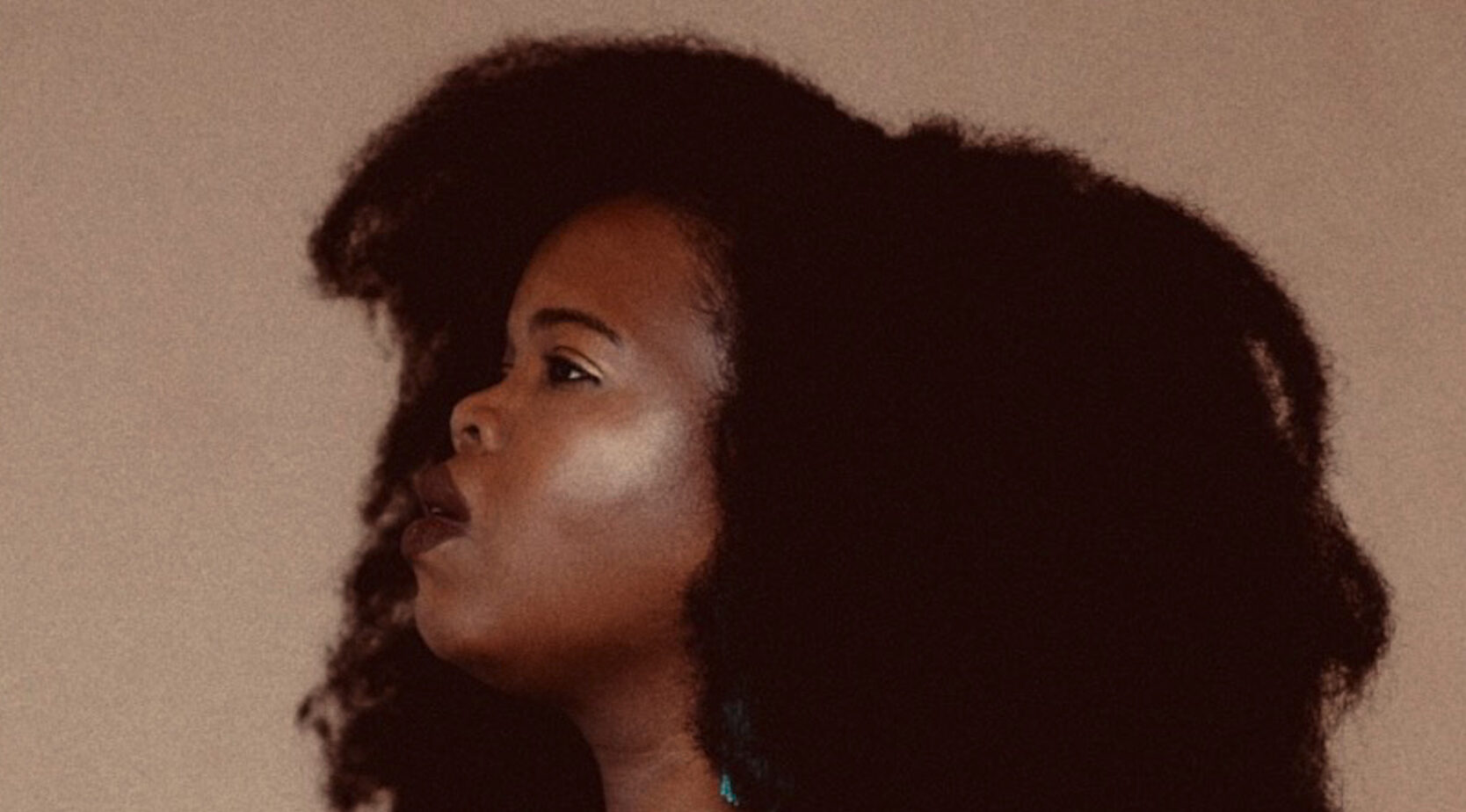Danielle Ponder grew up in a musical family. Her father, a pastor, has music pouring out of him, singing in church and at home on their piano. She had a family band, formed when she was 16 with her cousins in a house they all lived in together in the suburbs. But 16 was a pivotal year in Ponder’s world in more ways than one.
“At the same age that I got my guitar, that was the same age my brother went away to prison for 20 years,” she tells SPIN. “He was there because of policy. One of the policies was mandatory minimums — and if these are policies, then there’s something we can do about it. We can change policy.”
Years spent visiting her brother in the Attica Correctional Facility showed Ponder the clear flaws in the criminal justice system that put him there. That’s when she became interested in criminal justice reform, but wanted to do more direct service work at the same time — so she took on an emotionally taxing career as a public defender.
“Being a public defender was the best way for me to actually be standing next to folks and representing them,” she says. “You think about your 16-year-old client who was in jail for not having a bell on his bike. You think about your client who was sentenced to 1-3 years in state prison for driving on a suspended license. You think about being Black, and being Black in the system that is absolutely set up to destroy the Black community. Being Black and being in the criminal justice system was probably the heaviest thing of it.”
In the same breath, Ponder speaks with a clear fondness for the clients she worked with over her 8 years as a public defender.
“I have so many stories of folks who were just so loving and grateful that I was standing next to them,” Ponder says. “The opportunity to really advocate for someone and to push against this fucked up system and to stand up against the big system — right next to someone who’s being marginalized — it was hard, but at the same time, it was fulfilling.”
That guitar Ponder picked up at 16 never left her steady hand though. She laughs as she considers the fact that she never took music seriously until she went to law school. “Not until I was 30-something was I like ‘What the fuck am I doing? I should really focus on music.’”
Music was a pendulum swinging between two worlds for her. She wanted the artistic path, but her career goals never waned. She wanted to be a lawyer rather than a struggling artist, because she knew poverty all too well from her upbringing. Becoming an attorney was her way out of that. And while music and public defending may be two seemingly disparate roads, they intersect in places where most might not notice.
“You know, my job as an attorney is to really tell my client’s story,” Ponder says. “Most public defense work is mitigation. You get the state law saying ‘This person did X, Y and Z.’ They’re a terrible person in their story, and we get to explore a broader picture. I feel like my job is to say to the court, ‘Hold on, let’s talk about the whole person. Let’s look at the whole picture here.’ [It’s similar to songwriting in that] I can take an emotion, and then the songwriter gets to dig deeper into that emotion. They get to dig deeper into what they might have been bringing to the table emotionally — or what you weren’t bringing to the table emotionally. We get to discuss those nuances.”
Ponder has left being a lawyer behind for now. While she still holds her license to practice, she’s focused on her music. But her advocacy work doesn’t let up outside of the courtroom, always trying to educate her audience about what goes on in court and the flawed workings of the criminal justice system.
Her full-time switch to music has made Ponder a singular talent on a meteoric rise. She’s recently seen her audience grow in numbers with her cover of Radiohead’s “Creep” and a captivating entry into NPR’s Tiny Desk contest, but her passion for being a lawyer hasn’t dulled.
“One of my biggest takeaways from being a public defender — and what I love about the work — is you enter into this place with no judgment,” she says. “It literally doesn’t matter what the person comes to you with, as far as what you’re going to do. You’re going to stand up next to this person and try to find the good, even if the state presents a pile of ‘bad.’ I just think of how beautiful it is to be the person who has to dig through and say ‘Wait a second…’
“That’s something that I’ve learned from that job,” she continues. “You get to start seeing the good in everyone. You get to see the perspective of someone. You get to see yourself in someone else’s shoes. I think doing that work has really changed my worldview, because it’s like ‘OK, this happened — or maybe it didn’t happen — but I’m here for you and we’re gonna work through it together.’”





